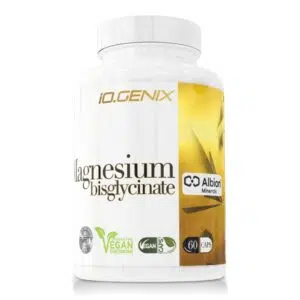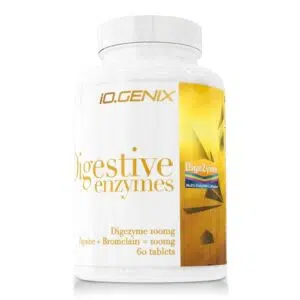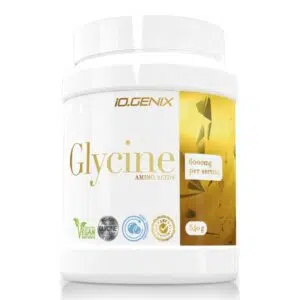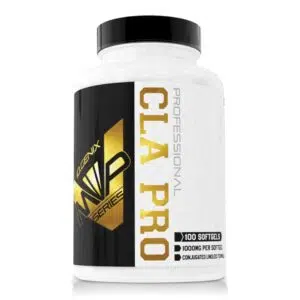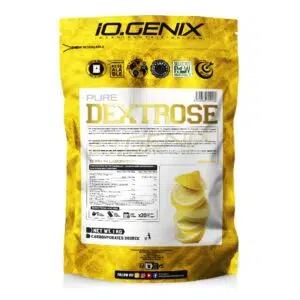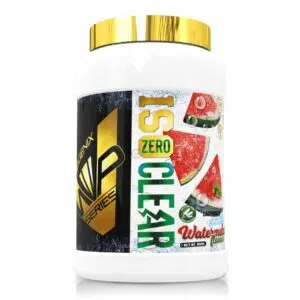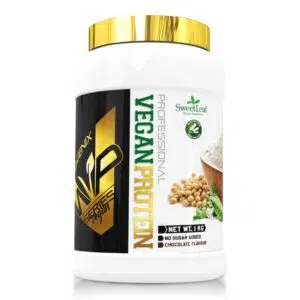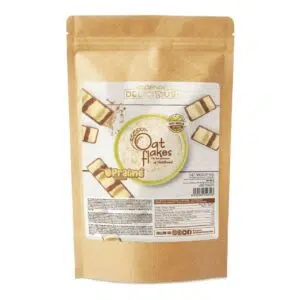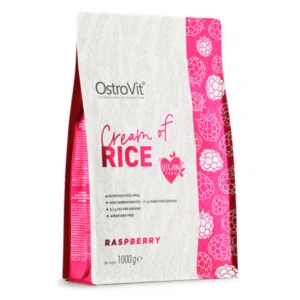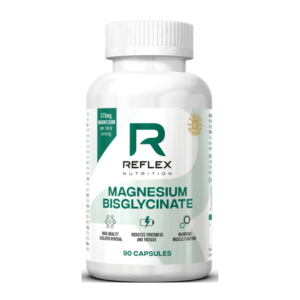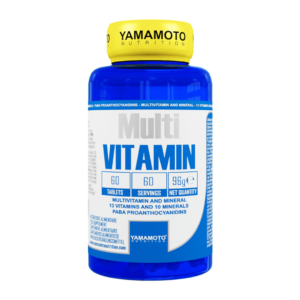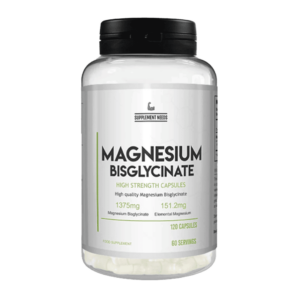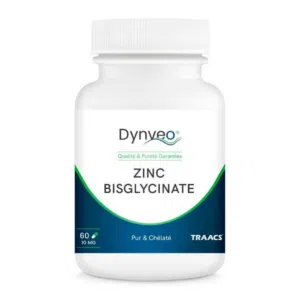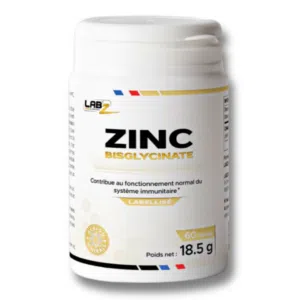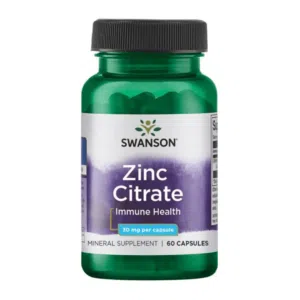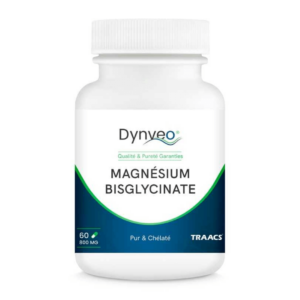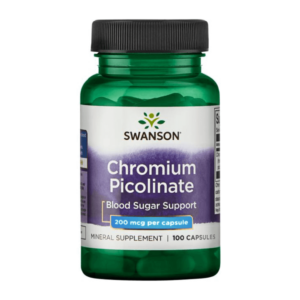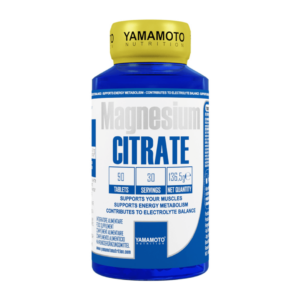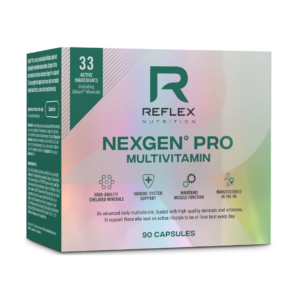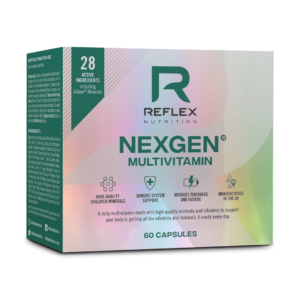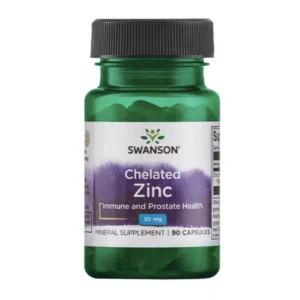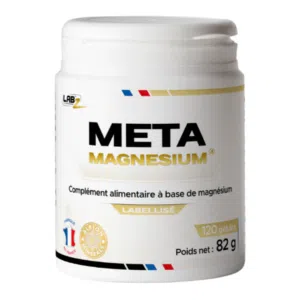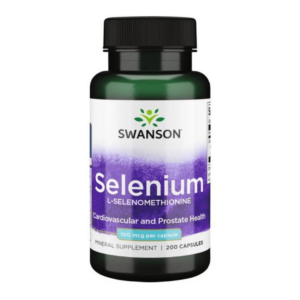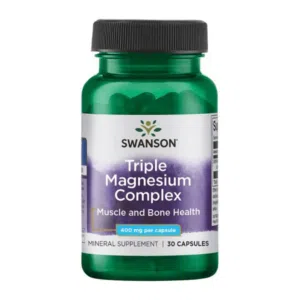Minerals
All our thyroid food supplements to take care of your body.
35 results
Sort by
Sort and filter by
MAGNESIUM BISGLYCINATE ALBION
Reflex nutrition
MULTI VITAMIN
Yamamoto Nutrition
MAGNESIUM BISGLYCINATE SN
Supplement Needs
ZINC BISGLYCINATE
Dynveo
ZINC BISGLYCINATE LABZ
Labz Nutrition
ZINC CITRATE
Swanson
MAGNESIUM BISGLYCINATE CHELATE
Dynveo
CHROMIUM PICOLINAT
Swanson
MAGNESIUM CITRATE
Yamamoto Nutrition
NEXGEN MULTIVITAMINS PRO
Reflex nutrition
NEXGEN MULTIVITAMIN
Reflex nutrition
ALBION CHELATED ZINC
Swanson
META MAGNESIUM
Labz Nutrition
SELENIUM SWANSON
Swanson
TRIPLE MAGNESIUM COMPLEX
Swanson
Minerals are essential micronutrients for metabolic functions. In athletes, these nutrients can be lost in large quantities during exercise. To avoid a nutritional deficiency, the body must be supplied with nutrients through food or mineral supplements.
What are minerals?
Minerals are nutrients necessary for the proper functioning of the body. They are generally grouped into two categories: macro-minerals and trace elements.
Among the major minerals (or macro-elements) are magnesium, potassium, phosphorus, sodium, chlorine and calcium. This designation is justified by the strong presence of these elements in the body. A healthy adult male has more than 1 kg of calcium in his skeleton.
Trace elements are minerals that are found in minute traces because they are not very present in the body. In this category, there are: zinc, copper or selenium.
Daily mineral requirements vary greatly depending on the individual. In addition, certain factors must be taken into account: gender, age, physical and intellectual activity, eating habits, physiological condition, etc.
What are the preferred minerals for athletes?
During physical exertion, the body loses a large amount of minerals through sweat. The amount of minerals lost is often proportional to the amount of sweat shed. In such a situation, people who practice intensive sports are at high risk of mineral deficiency. Therefore, it is essential to compensate for these losses in order to ensure the proper functioning of the body.
However, it is important to note that most people already consume enough minerals in their daily diet, and that excessive consumption of certain minerals can be hazardous to health. Specific recommendations for mineral supplementation may vary depending on the individual, their level of physical activity and environmental conditions. It is therefore important to consult a qualified health care professional to establish a nutritional plan adapted to your needs.
Sodium to maximize the assimilation of carbohydrates
Sodium is, like calcium, potassium and magnesium, an electrolyte. That is, minerals that are useful for good hydration. In sports, the consumption of these minerals is very high because of losses during exercise. These minerals are present in sports food products to maintain the hydric and electrolyte balance of the body.
The effects of sodium in the body are essential for any physical activity. Indeed, this substance allows the retention of water as well as the destruction of carbohydrates necessary to support the effort. The loss of sodium in the body inevitably leads to a decrease in the athlete's performance.
However, it is important to note that most people already get enough sodium in their daily diet. Processed and prepared foods are often high in sodium. Yet, excessive salt consumption can lead to health problems such as high blood pressure, heart disease and edema.
Therefore, athletes should ensure that they consume enough sodium to meet their nutritional needs, but not in excess.
Potassium to keep up with fatigue
Potassium is a mineral involved in many bodily functions, such as regulating water balance, maintaining blood pressure and nerve and muscle transmission. Athletes therefore need to consume enough potassium to maintain optimal performance.
Foods rich in potassium include fruits and vegetables, such as bananas, potatoes, spinach and tomatoes. Potassium supplements can also be used to meet the nutritional needs of athletes.
Iron to gain endurance
Iron is a central component of hemoglobin, which carries oxygen in the blood, and myoglobin, which stores oxygen in the muscles. As a result, athletes need sufficient iron intake for endurance.
Because of her menstrual cycle, a woman will need more iron than a man. The same is true for a growing teenager.
Overtraining and sweating are recurrent causes of iron deficiency. To alleviate this problem, it is important to eat a diet rich in iron. This mineral is present in soybeans, sunflower seeds, lentils, cashew nuts, beans, olives, etc.
Calcium for bone mineralization
Calcium is essential for the construction and maintenance of bones and teeth. It also plays a key role in nerve and muscle transmission. Athletes need a very high calcium intake because of the pressure they put on their skeleton.
Calcium-rich foods include: milk, cheese and yogurt, green leafy vegetables, nuts and seeds. Calcium supplements can also be used to meet the nutritional needs of athletes.
Magnesium for the regulation of energy metabolism.
Magnesium is an electrolyte involved in many body functions. In particular the regulation of the muscular function, the production of energy, the synthesis of proteins and the nervous transmission.
To support magnesium needs, consume green leafy vegetables, nuts and seeds, whole grains and legumes. Swanson's Triple Magnesium Complex is a supplement rich in magnesium. Its reinforced formula allows to answer effectively the needs for the sportsmen.
Zinc to counteract protein loss
Zinc is an essential trace element for tissue repair and immune system regulation. Thus, the consumption of food rich in zinc affects the recovery of muscles after training.
Foods rich in zinc include meats, seafood, legumes, nuts and seeds.
What are the indications of a mineral deficiency?
The symptoms of a mineral deficiency can vary depending on the type and severity of the deficiency. However, here are some examples of common symptoms associated with certain mineral deficiencies:
- Iron deficiency: fatigue, weakness, pale skin, shortness of breath, concentration and memory problems, heart palpitations, etc.
- Calcium deficiency: muscle and bone pain, cramps, bone fractures, muscle weakness, etc.
- Potassium deficiency: muscle weakness, fatigue, muscle cramps, cardiac arrhythmia, increased blood pressure, etc.
- Magnesium deficiency: fatigue, muscle weakness, muscle spasms, insomnia, anxiety, irritability, etc.
- Zinc deficiency: loss of appetite, weight loss, growth retardation, slow wound healing, vision problems, etc.
It is important to note that these symptoms can also be caused by other factors. Thus, a mineral deficiency should only be diagnosed by a qualified health care professional after a thorough evaluation of symptoms and appropriate testing.
Mineral food supplements
To support the body's mineral needs, it is possible to consume food supplements. While electrolyte minerals are unconditionally present in all sports supplements, this is not necessarily the case for other minerals.
Thus, to fight a zinc deficiency, Zinc Chelated is an effective solution. In capsule form, this product has been designed for maximum assimilation by the body.
Multi Vitamin is a product that combines several minerals and several vitamins. This supplement helps to fight against fatigue, overwork, accelerate physical recovery.
In short, they are an integral part of sports nutrition. It is therefore necessary to pay attention to its mineral needs in order not to put its health at risk.

